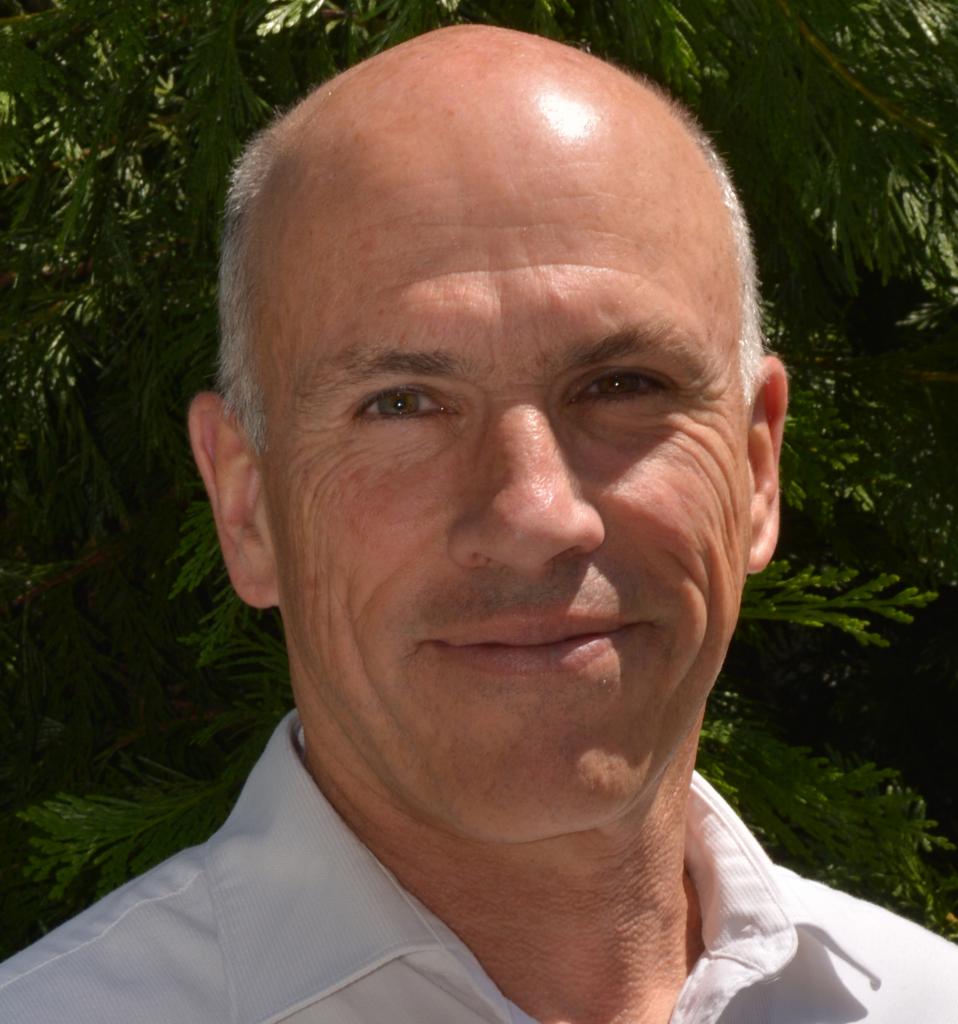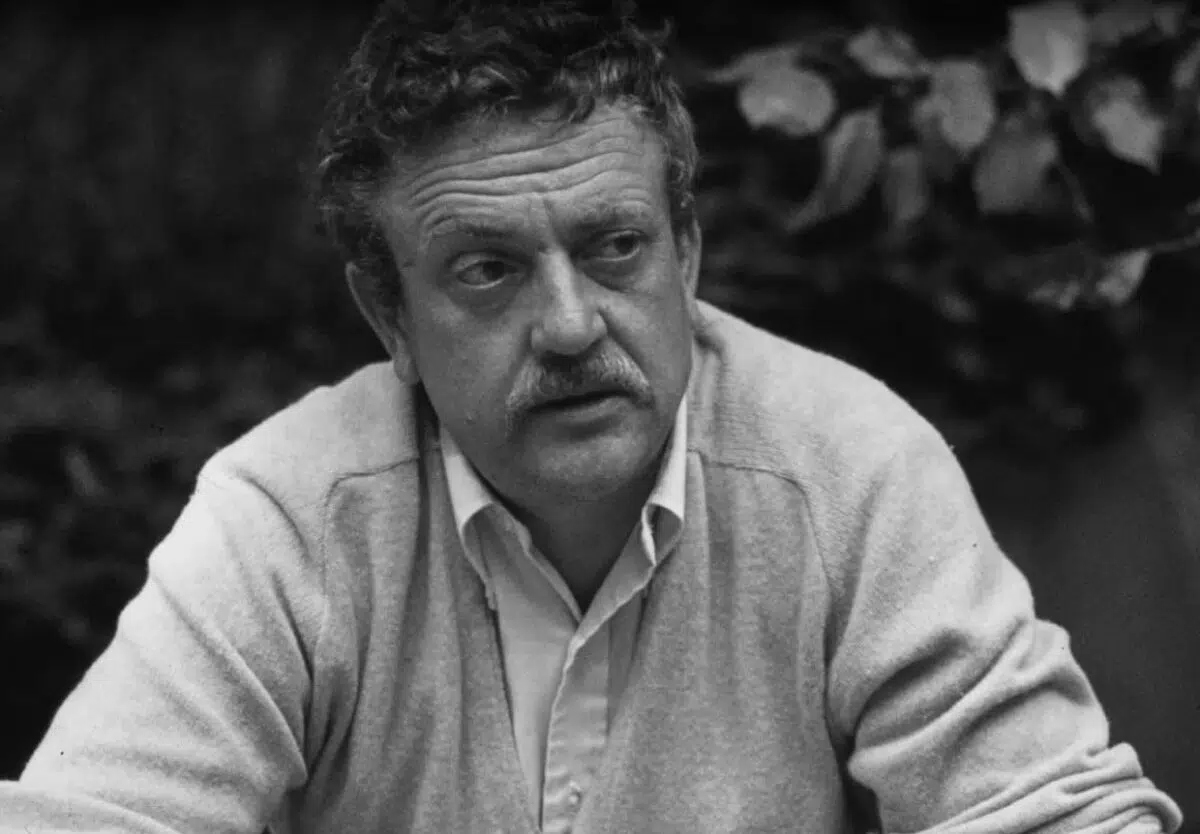Linda Alexander Rodríguez (July 21, 1943) is an accomplished American historian and academic, recognized for her deep engagement with Latin American history, particularly focusing on its economic and military aspects. Born in Texas, Rodríguez earned her B.A. in Economics and History from the University of Texas, Austin in 1968, followed by a Master’s in Latin American Studies in 1972, and a Ph.D. in History from the University of California, Los Angeles. Her notable academic career includes serving as a professor at the University of California in Riverside (1976-1978) and at UCLA (1981-2003), where she also coordinated and later assisted in directing the Center for Latin American Studies. Rodríguez has made significant contributions to the understanding of Ecuador’s historical development, as evidenced in her works like “Rank and Privilege: The Military and Society in Latin America” and “The Search for Public Policy: Regional Politics and Government Finances in Ecuador, 1830–1940.” Her insights into the dynamics of the Ecuadorian Liberal Revolution and its fiscal policies have been particularly influential. A member of the National Academy of History of Ecuador since 2014, Rodríguez’s scholarly work continues to illuminate the complex interplay of politics and economics in Latin America.
Continue reading “Linda Alexander Rodríguez”Category: American Writers whose stories take place in Ecuador
Joe Kane
Joseph A. Kane (1953) is an acclaimed American journalist and author whose work has significantly contributed to environmental literature. Known for his immersive and empathetic storytelling, Kane focuses on the struggles of indigenous populations in the face of ecological destruction. His debut non fiction book, “Running the Amazon” (1989), recounts the harrowing journey of an expedition that covered the entire length of the Amazon River. His second non fiction book, “Savages” (1995), is a poignant exploration of the Huaorani Indians’ battle against the harmful practices of international oil companies in the Ecuadorian Amazon. Kane’s masterful blend of adventure, reportage, and intimate narrative offers readers a profound insight into the stark realities of environmental degradation and the urgent need for conservation. His works, celebrated for their compassionate portrayal of threatened ecosystems and the people within them, underscore the vital conversation around global environmental issues and indigenous rights.
Continue reading “Joe Kane”Kurt Vonnegut
Kurt Vonnegut (November 11, 1922 – April 11, 2007) was an American writer. He is known for his unique writing style, blending satire, humor, and science fiction. One of his most famous novels, “Galapagos,” published in 1985, is set on the Galapagos Islands (an archipelago that belongs to Ecuador) which explores the evolution of humanity over a million years. Vonnegut was inspired to write about the Galapagos after visiting the islands in 1979. Despite having no direct relationship with Ecuador as a nation, Vonnegut’s novel helped to popularize the Galapagos and draw attention to the unique wildlife found there. Vonnegut’s other famous novels include “Slaughterhouse-Five,” “Cat’s Cradle,” and “Breakfast of Champions,” which often address themes of war, technology, and the human condition.
Continue reading “Kurt Vonnegut”

